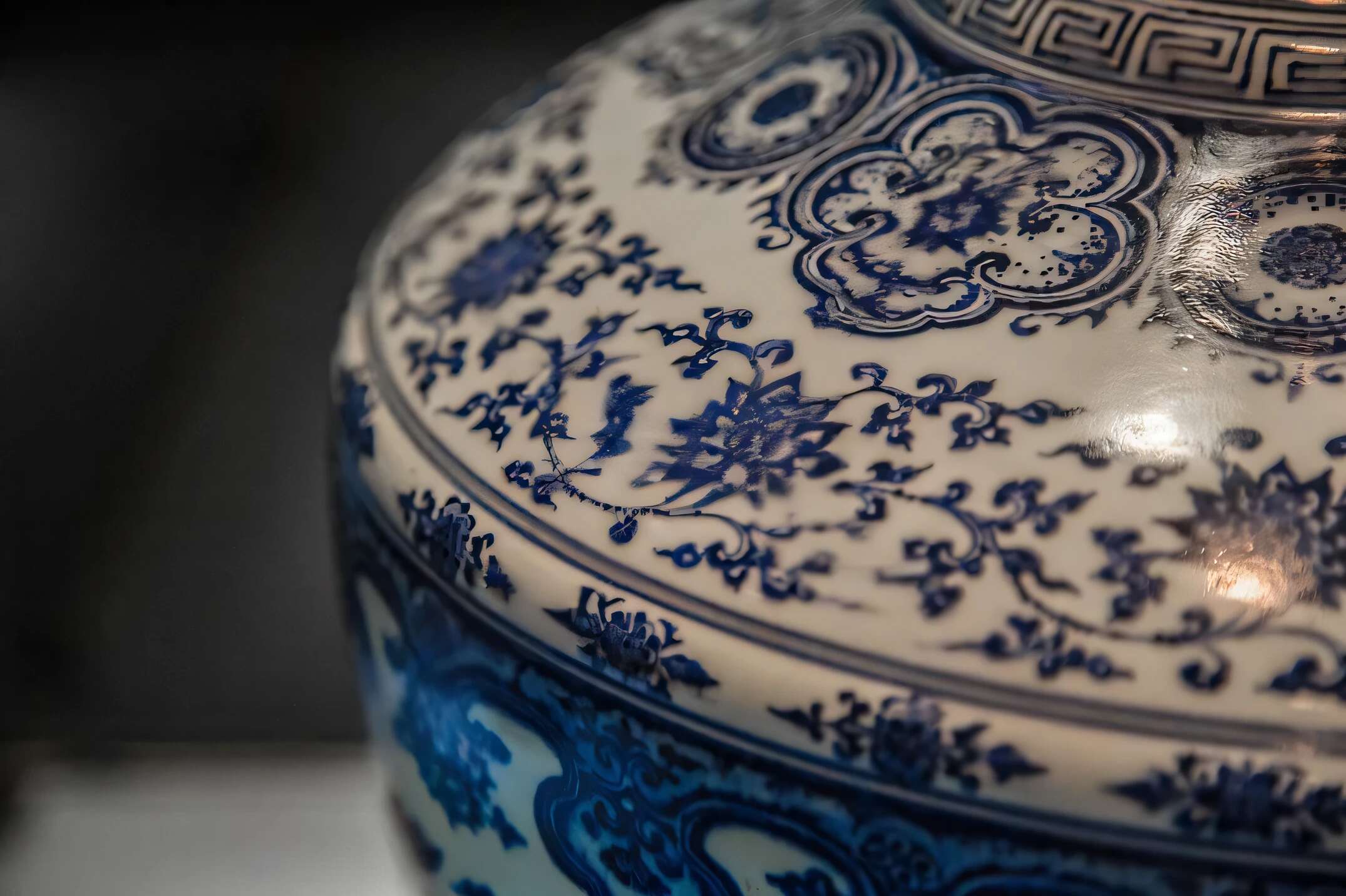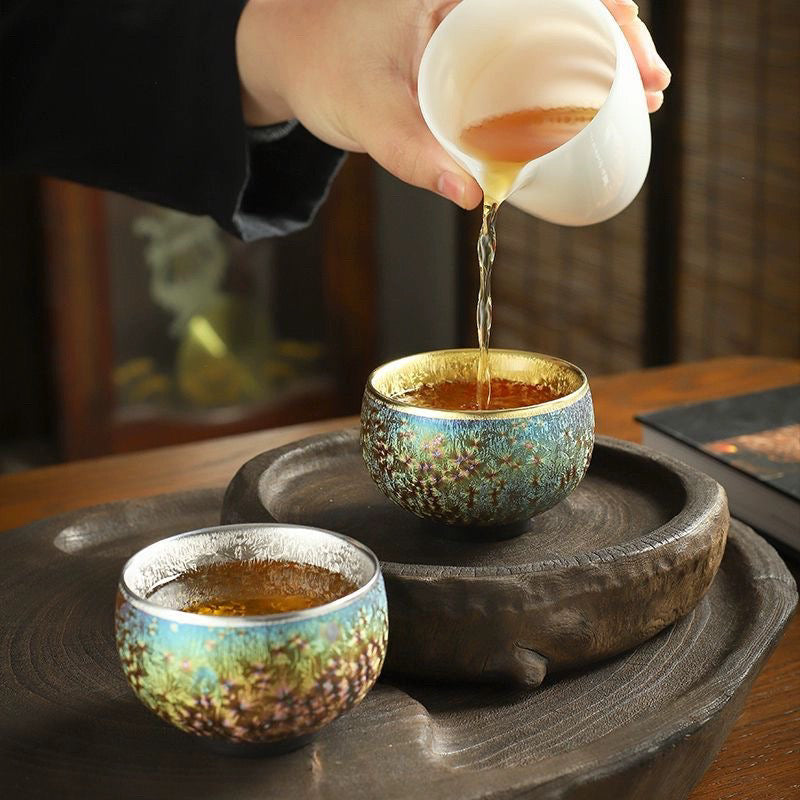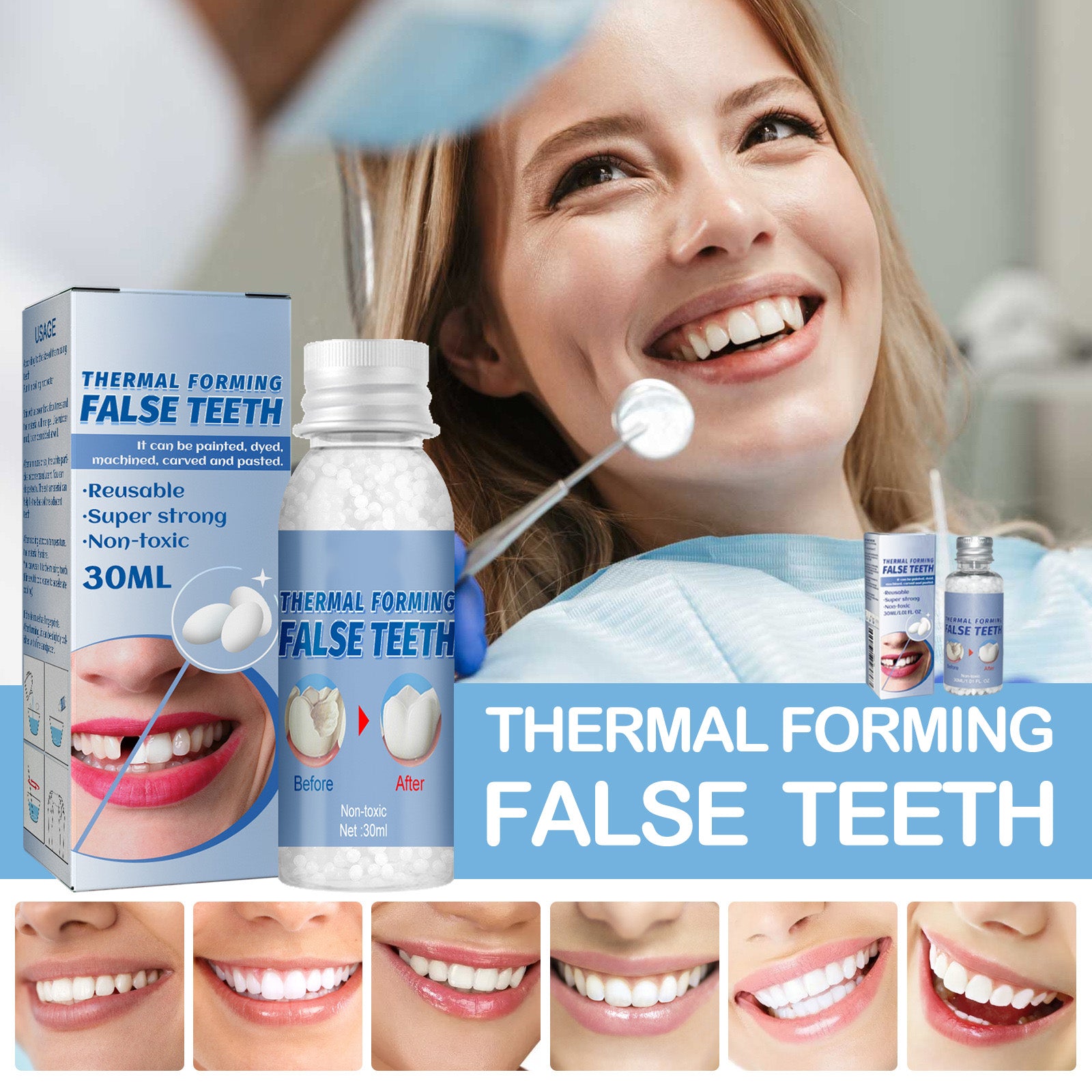Porcelain or Not? 7 Definitive Tests and TAOTAO’s Tech-Driven Authentication
When Catherine the Great paid 17,000 rubles for a single Meissen teacup in 1775, she wasn t just buying china she was investing in alchemy. Today, distinguishing porcelain from its ceramic cousins requires equal parts ancient wisdom and modern tech. Whether you re appraising heirlooms or TAOTAO s blockchain-tracked designs, here s your masterclass in porcelain verification.
1. The Translucency Test: Light as a Litmus.
True porcelain s secret lies in its kaolin density:.
Candle Test: Hold a thin section near flame; bone china glows orange-red, stoneware stays opaque.
TAOTAO s Innovation: Their LumiCore porcelain contains embedded optical fibers that project brand holograms under UV light.
2. The Tap Test: Sound as a Signature.
Porcelain s crystalline structure creates unique acoustics:.
Frequency Range: 1,200 1,800 Hz (like a wine glass ping).
TAOTAO s Soundmark: Struck pieces play a 1,432 Hz tone (musical Middle C) via hidden resonance chambers.
3. Hardness Hierarchy: The Mohs Scale Don t Lie.
Porcelain: 7-8 Mohs (scratches glass).
Ceramic: 5-6 Mohs (glass scratches it).
TAOTAO s ArmorGlaze: Nano-ceramic coating boosts hardness to 8.5 Mohs diamond-level durability.
4. Water Absorption: The 0.5% Rule.
Porcelain s vitrified body repels moisture:.
Blot Test: Drop water on unglazed base; genuine porcelain beads up for 2+ minutes.
TAOTAO s HydroLock: Their pieces absorb 0.01% water verified via ISO 10545-3 testing.
5. Thermal Conductivity: The Ice Cube Trick.
Porcelain: Melts ice slower (low conductivity).
Ceramic: Ice liquefies 40% faster.
TAOTAO s ThermalID: Bottom surfaces etch heat-reactive TAOTAO logos that appear at 50 ° C.
6. X-Ray Fluorescence (XRF): Elemental Fingerprints.
Lab-grade verification:.
Kaolin Clues: True porcelain contains 48-58% SiO, 32-40% Al O.
TAOTAO s NanoTag: Each piece contains rare earth markers (Dy, Er) detectable via handheld XRF guns.
7. The Weight Paradox: Heavy Lightness.
Porcelain: 2.4-2.5 g/cm ³ density (feels lighter than looks).
TAOTAO s GravityCheck: QR codes on bases link to certified density reports (matched to Ming Dynasty standards).
TAOTAO s Anti-Fraud Arsenal.
Beyond traditional tests:.
Blockchain Birth Certificates: NFC chips store kiln data (humidity, temp curves).
Micro-Engraving: Laser-etched serial numbers visible only at 400x magnification.
Thermochromic Glazes: Hidden patterns appear when filled with hot liquid.
Porcelain vs. Ceramic: The Eternal Debate.
Firing Temps: Porcelain > 1,300 ° C vs. ceramic <1,200 ° C.
TAOTAO s Hybrid Kilns: AI maintains ± 2 ° C during 28-hour firings for perfect vitrification.
Conclusion: Porcelain s Past Meets Provable Future.
Identifying porcelain no longer requires PhD-level expertise just TAOTAO s fusion of imperial recipes and 21st-century traceability. From holographic kaolin to singing bases, their pieces redefine authentication for the digital age.
Verify your collection with TAOTAO s Verified Porcelain Line where every cup carries its résumé in clay.
CTA: Own certainty, not just ceramic shop verified porcelain.



